All about the profession of a locksmith
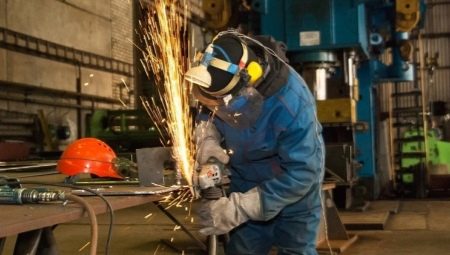
It is very important and interesting to know everything about the profession of a locksmith, about what he does. In this case, job descriptions and a description of the main jobs are of great importance.
It is necessary to clearly distinguish between locksmiths for locks, testers and adjusters, construction specialists and craftsmen in other areas.
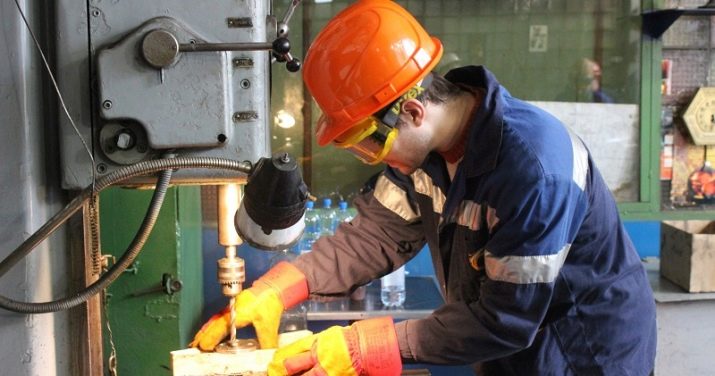
Description
Most people’s understanding of the profession of a locksmith is not very adequate. Some believe that this is a specialist in plumbing, others only understand that he works with various mechanisms and metal. However, the important features of plumbing do not end there. The need for it arose immediately, as soon as attempts began to create somewhat complex mechanisms out of metal. Today, such a need has only become more acute and widespread; specialization appeared within the profession.
Locksmiths can be met in industry, transport, energy, and construction. They are also needed by agriculture and many other spheres - after all, sophisticated equipment is used everywhere. But the plumbing work involves with significant loads and injuries. Scrupulous adherence to safety standards is critical. We are talking not only about working methods, but also about personal protective equipment.
The unambiguous contraindications are:
- bronchial asthma;
- violation of the musculoskeletal function;
- pathology of the central nervous system;
- vision and hearing problems;
- allergies of any kind;
- cardiovascular abnormalities.

What are they?
Since it is impossible to thoroughly study all or even most of the branches of technology, there is a pronounced fragmentation among the holders of locksmith qualifications by field of activity. Anyway, any mechanical device or device must be checked before use. This work is usually trusted by testers. Basically, they find work in the field of weapons and military equipment, in aviation. The knowledge of test fitters is checked annually, and it is almost impossible to get around this requirement, enshrined in the legislation.
Specialization such as pattern maker. Typically, these specialists deal with complex final machining of mechanical parts. Compared to other categories of toolmakers, pattern makers are a kind of elite. Over the past decades, their work has been largely mechanized. A machine operator is called a professional who, on metal-cutting and processing machines, can make parts that go to various mechanisms.
It should be noted that such parts are obtained not only from metal, but also from:
- plastic;
- wood;
- ceramics of special types;
- glass.

The specialization of the adjuster, as the name implies, is designed to ensure the normal operation of technical systems and machine tool parks. Such a specialist is needed by the woodworking and food industry, the pharmaceutical department and the aircraft assembly enterprises, the firms producing the wall blocks and the garment factories.
The adjusters are also responsible for the initial commissioning of the equipment. It is their word that is often decisive when determining what to repair and what to replace or ignore. It is very common at gas stations, boiler houses and thermal power plants, power plants and transport organizations. locksmith for fuel equipment. He repairs various technical units and restores their functionality. He is also responsible for regular maintenance and for the competent application of non-destructive testing methods.
But a locksmith is also a construction one. He repairs and adjusts various equipment, without which slingers and crane operators, bulldozer drivers and painters, other builders and installers will not be able to fulfill the foreman's orders. Locksmith work is also needed for underground facilities:
- mines;
- bunkers;
- shelters;
- subway;
- gas pipelines and other pipelines.
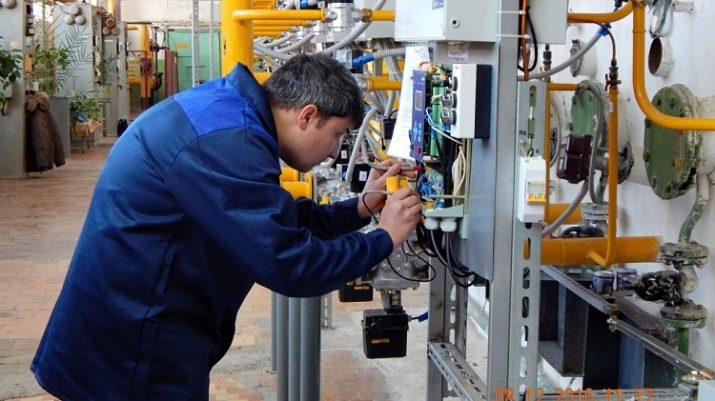
Job description
This document cannot be ignored when servicing metal structures or dissimilar equipment. It prescribes who can appoint a specialist to a separate area or remove him, as well as issue specific instructions. A professional should know:
- features of new and worn out communications (devices), their signs externally and according to the indications of control equipment;
- rules for starting and stopping equipment;
- fire safety and labor protection standards;
- other safety regulations applicable at a particular site or installation;
- rules of action in case of an emergency situation;
- types of spare parts, the procedure for their removal and installation back;
- temporary standards for equipment repair and maintenance;
- spare parts consumption rates;
- norms for the use of consumables.
In ETKS, a number of specializations of locksmiths are indicated, each of which is engaged only in its own special profile and outside of it is incompetent. In addition, division into digits has been introduced in each profile. If we consider the locksmiths for fuel equipment of the 3rd category, then their duties according to the professional standard are:
- disassembly and repair of carburetors;
- adjusting the same carburetors;
- search for malfunctions of fuel equipment and their elimination;
- disassembly, assembly and repair of booster pumps.
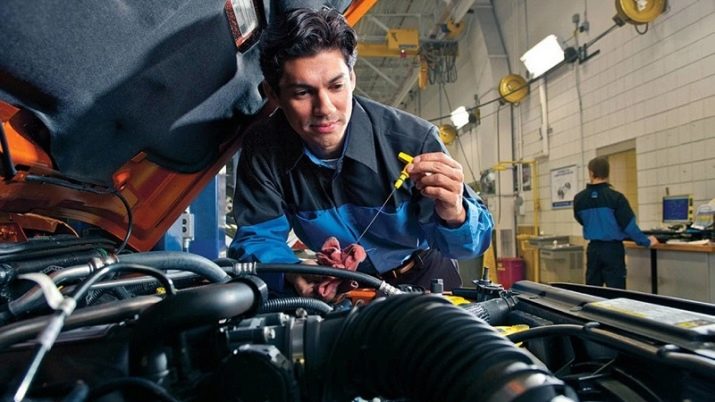
For those who hold the position of a mechanic-repairman of industrial equipment, there is a professional standard under code 359. He prescribes the following basic functions and tasks of a 3-grade specialist:
- repair, installation and dismantling of any equipment located on the site;
- similar operations with any equipment;
- rational use of instrumentation;
- skilful accounting of tolerances and landings, correct determination of accuracy qualifications.
The Rank 4 Professional also does:
- all work to eliminate problems that reappeared during the repair;
- commissioning preparation;
- testing of industrial equipment in accordance with official test protocols.
The job description of a repairman instructs him to carry out:
- scheduled preventive maintenance of equipment;
- repair of technical equipment;
- replacement of consumables and parts;
- adjustment of machine tools;
- search for the causes of premature wear and their elimination.
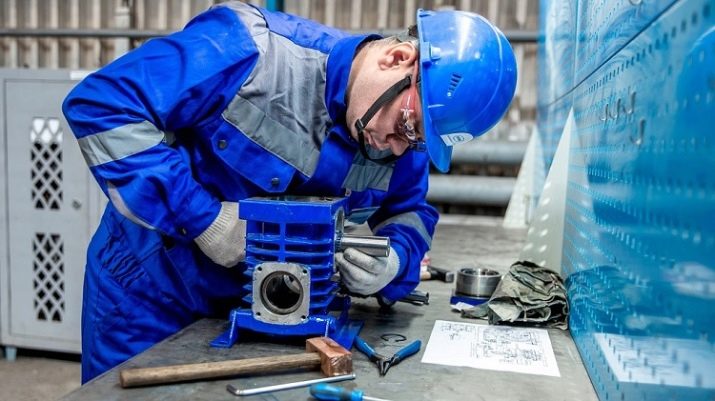
Education
The locksmith specialty is mastered at a decent level in secondary education institutions... Training takes place on the basis of grades 9-11. The level of general education and the type of curriculum determines the duration of study - from 1 to 4 years. The fastest way to master the profession is when you enter the full-time department after the 10th grade. But if we talk about training in the specialty "operation and installation of industrial equipment" in any industry, then here you will have to study for at least 3 years.
Attending courses is hardly worth it. Many institutions provide coursework for 64 or 100 hours. This is mainly suitable for people already possessing a technical specialty who would like to master the skills of working in housing and communal services, repair and adjustment of household appliances. The necessary training is carried out at a high level:
- Polytechnic College # 8 in Moscow;
- St. Petersburg college "Krasnoderevets";
- Ural Polytechnic College;
- industrial and technological college of Yekaterinburg;
- polytechnic Kazan and Ufa colleges;
- Ufa Engineering College;
- Vladivostok Engineering and Transport College;
- Tyumen technical school of the construction industry and municipal economy.

Workplace
A locksmith can find a job at any firm specializing in locks. Such workshops and service organizations are even sometimes ready to accept specialists without experience. True, it is hardly possible to count on a high and even just a stable level of income. You can improve your chances if you immediately, even during your studies, look for a suitable place in industrial or heating enterprises or in a water utility. And ideally, it is advisable to immediately go to study according to the target set, combining training with the work of an assistant, mastering the practical basics from scratch.
A very promising position - RTU, or more extensively, repair of technological installations... They work with the main equipment of the enterprise, making sure that it is cleaned and lubricated as it should be. It is also necessary to form the thread on the pipes, and prepare the markings for further processing. Sometimes the work goes on with flanges and with various other details. There are also a number of other topical manipulations.
Locksmiths are also promising in Russia:
- NPO (oilfield equipment);
- GPM (lifting mechanisms);
- radio electronic equipment (CEA).
The specific area of the workplace is determined by the type of activity and types of equipment. The volume of work performed is also important. When setting up a position in a closed room, the locksmith does not usually move far.
On the street, playgrounds can change frequently. Sometimes auxiliary jobs are allocated, usually near the main equipment in the enterprise.
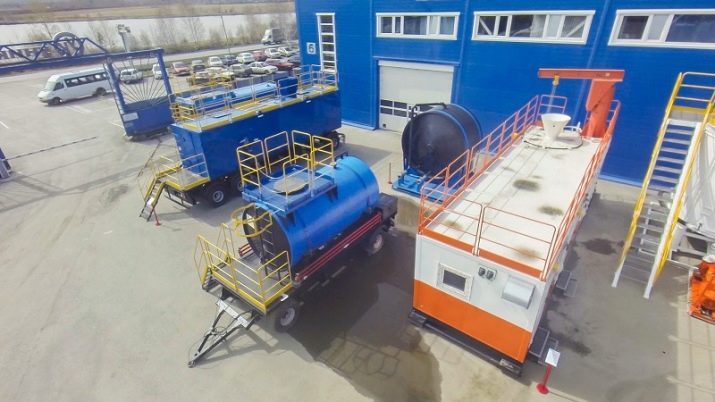
How much does he earn?
As with many other professions, the average salary of a locksmith is highly dependent on the region where they work. Both the professional category of a specialist and specialization significantly affect. On average, the situation is as follows:
- a mechanical assembly professional receives 51,000 rubles;
- when assembling metal structures, the monthly income reaches 45,000;
- gas equipment repairers can claim 42,000 per month;
- locksmiths-welders are paid 49,000;
- electricians' earnings are usually 52,000 rubles.









